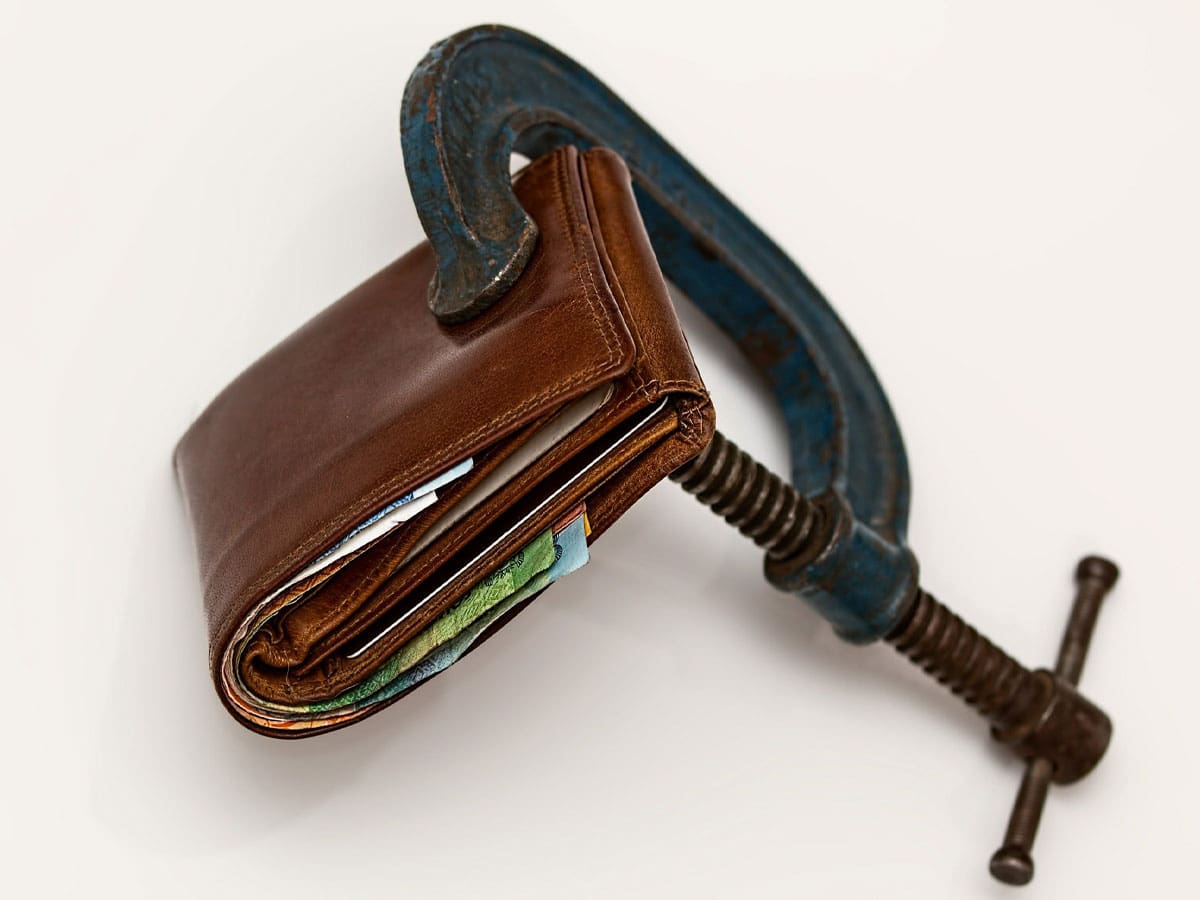This week, Rishi Sunak, the Chancellor will be pledging funding for a variety of institutions and charities in the Spending Review. The Review, which sets out the government’s long-term spending plans, will address how the government intend to get the economy and job market moving once again.
Borrowing is already at record, peacetime levels, and Sunak knows this level of spending cannot continue. He talks of many ‘hard choices’ ahead. Public sector debts in the UK have reached the £2 trillion mark, and borrowing in October hit over £22 billion. We are borrowing more, but there is less money coming in to pay for it.
So with an unprecedented deficit, the question is: how will this ‘economic shock’ impact our day-to-day lives?
Well, there are some things we do know.
More job losses
Despite unveiling his new wage subsidy scheme last month, over 750,000 people have lost their jobs in the UK, and Sunak warns of ‘more to come.’
Paul Johnson, from the Institute of Fiscal Studies, warned the government’s new support packages are not as generous, and ‘it is clear that many jobs will be lost over the coming months.’ With livelihoods now more precariously balanced, this will come as unwelcome news to many.
Increase bills
Ofgem, the energy regulator, warn that we may see an increase in household bills as early as April ‘21. In order to help suppliers who have lost income due to the rise in unpaid bills, the regulator is considering a £21 increase in their current cap on household bills. Since its introduction in January 2019, the original price cap saved millions of customers from more expensive tariff fees.
Tax for the wealthy
It is widely reported that Sunak is also considering increasing capital gains tax and corporation tax by as much as 5%. In a move that could impact second home owners, wealthier businesses, and pensions, the government are looking at ways to reduce the nation’s deficit. But Sunak will be reluctant to implement these measures, as the conservative manifesto promised to lock state pension interest, and not raise the three biggest taxes.
Public sector freeze
Although The Treasury have yet to confirm a pay freeze for public sector workers, back in July, Sunak announced that there must be ‘parity’ between public and private sector pay levels, and it is widely reported that such freezes are being considered by the government. According to the Office for National Statistics, public sector workers earned 7% more than their private sector counterparts last year.
Can we help?
If you are a business owner and are looking to strengthen income streams, and tighten up your finances in the wake of the pandemic, the team here at Cobra Financial Solutions Ltd can help.
We collect any private or business debt of over £1,000. Our approach to debt really is simple: if you are owed money, you deserve it back. No-nonsense and no excuses. So if you are getting nowhere with your debtor, then let us take over. Upon instruction, we can visit your debtor in less than 48 hours. Our expert and professional team have an industry-high success rate of over 90%. And thanks to our verified Trustpilot reviews, we have been voted the nation’s number 1 debt collection agency.
You could get your money back in your pocket – just in time for Christmas. So to find out more about the range of services we offer, or to discuss your case, call one of the Cobra team on 0151 526 4222.






